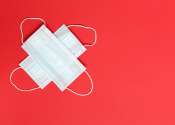Could your smart watch alert you to risk of sudden death?
Researchers have developed an algorithm that could ultimately enable smart watches to alert wearers to potentially deadly changes in their heart rhythm. The research, presented at the British Cardiovascular Society conference, ...
Jun 10, 2021
0
3









